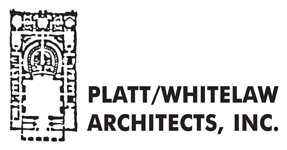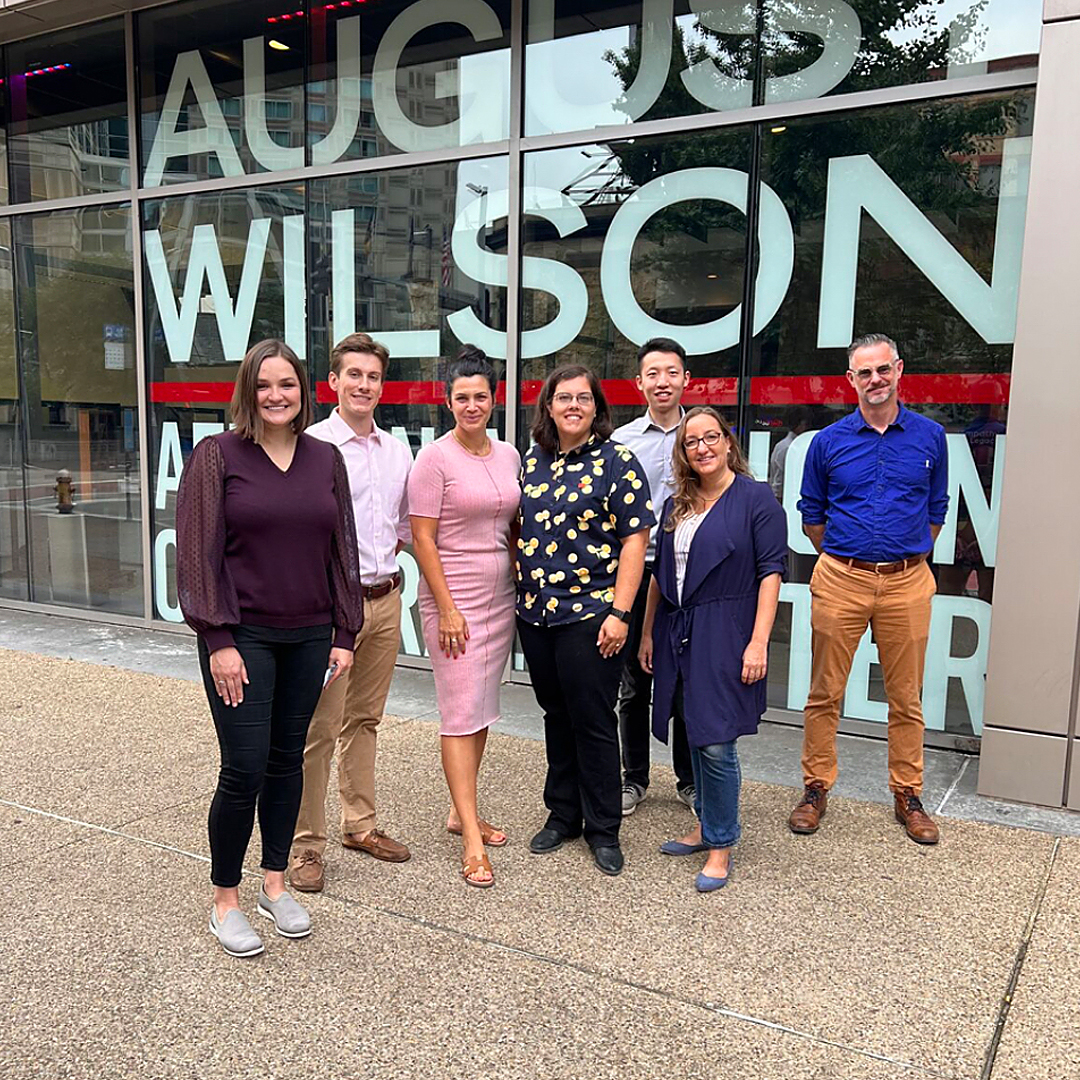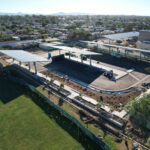Architecture a Century from Now
How our Senior Associate Peter Soutowood helped shape the conversation at the AIA Young Architects Forum’s Summit 30: Mission 2130
Can you imagine the role of architects more than 100 years into the future?
That’s exactly what Platt/Whitelaw Senior Associate Peter Soutowood had the chance to do when he was selected as one of 50 AIA members from around the country to participate in the AIA Young Architects Forum’s Summit 30: Mission 2130.
Chosen based on essays they submitted, the 50 participants were asked to imagine and address challenges the profession will face in the next 100 years, focusing on architecture, society and our planet.
“I think I was chosen because I put a lot of work into my essay and was very honest. I addressed the state of things now and how much they need to change, including food and the environment, not just architecture,” Peter said.
Through this Summit, the AIA hopes to understand what energizes a new generation of architects, even if the topics identified are outside the purview of architecture. In fact, Peter says the majority of the Summit group believed that the discipline of architecture, as we know it, would change massively over a century.
Future Solutions
Some thought artificial intelligence (AI) systems would take over many tasks. But, they asked, how vastly different would AI be in the future? Regardless, Peter points out that humans need to design for humans, and even AI is programmed by humans.
He also realizes that current AI systems reflect a lot of bias from the programmers, so the next step is to create a fresh system and use AI to see how the past can inform current and future architecture in a positive way.
Many Summit participants were excited about AI for code compliance and believe certain architectural tasks should be automated already. Also, they asked how AI can make architects more accessible to everyone—especially when current avenues are so limited and generally require a contract and money.
Peter’s working group at the Summit was called The Planeteers. Looking at a 100+-year timeline, they thought about milestones needed to eliminate fossil fuel use. For example, within the next 30 years, implementing intentional rolling blackouts may get people used to the necessity of those blackouts and further incentivize conservation. They also considered implementing a trash tax to encourage people to recycle instead of just dumping.
Several groups, including Peter’s, focused on deglobalization, where global energy and food systems would become localized. If it’s harder to transport things around the globe, they posited, people will start to localize food and energy production, thereby reducing negative impacts on the environment.
The Planeteers also discussed opening up new biomes in the ocean and on land and harvesting food and other renewable resources in different places. Peter’s group took a special interest in using waterways for food production, infrastructure and transportation.
Ultimately, each group hosted a five-minute presentation about their idea, with an oral and visual description of their vision.
Peter’s group included the idea of local neighborhood hubs for education, recycling, shade tree mechanics, energy production, food production and more.
The Summit Experience
Peter says that the Summit experience left him thinking about how to guide people to be more resilient and self-reliant and on ways to change our culture of cheap, disposable goods. While acknowledging its tragedy, Peter says that one positive outcome of the COVID-19 pandemic was the hyper-localization that happened and how quickly most of society was able to adapt to it.
Our team had a taste of this experience because Peter involved us before the workshop to further brainstorm. He presented the Summit’s prompts at a weekly Platt/Whitelaw staff meeting. Everyone, whether they specialize in architecture, marketing or administration, came up with great ideas and demonstrated that, as Peter said, “You don’t have to be an architect to know we need to make a major shift with our built environment and lifestyle. These questions of how to change behavior should be asked of everyone.”
So, esteemed reader, how do you think the design profession will change in relation to architecture, society and our planet? We’d love to hear your thoughts.





